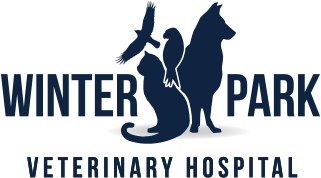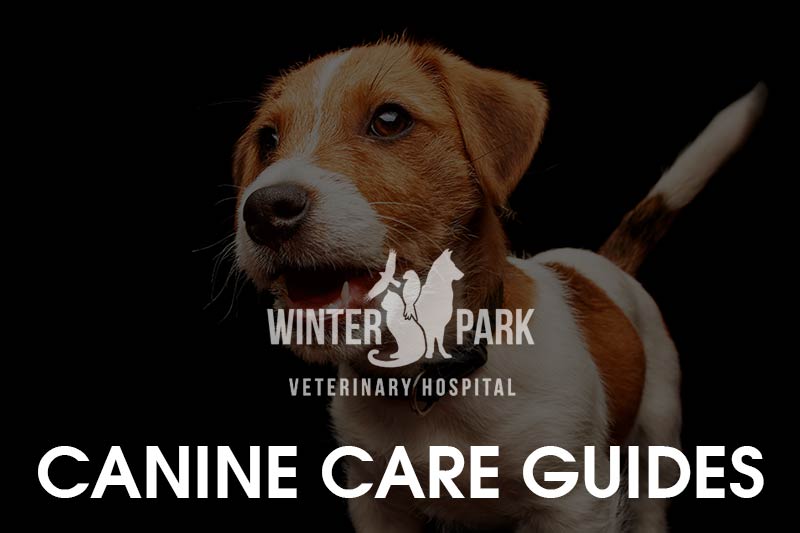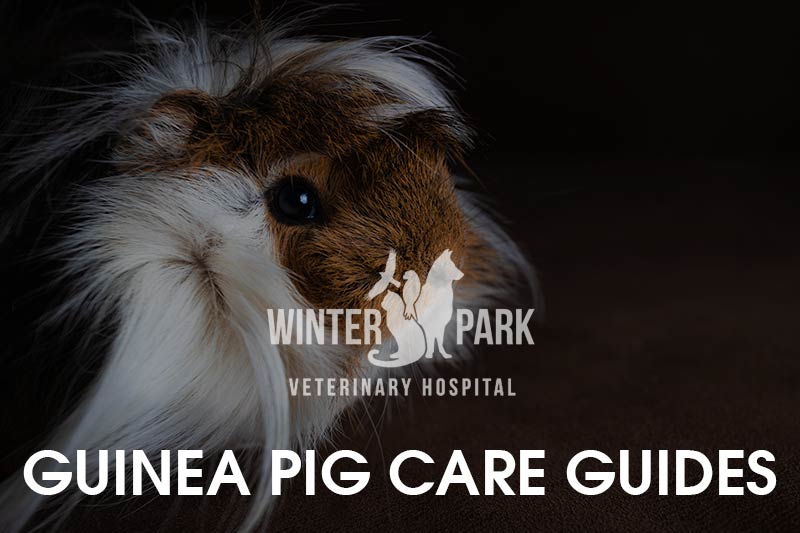Download Ferret Care Guide – PDF
Information from Erinn Whitmore, AFA Education Committee
American Ferret Report, Volume 22, Number 4, 2013
Toxic Plants
Aloe Vera
Amaryllis
Azalea
Baby’s Breath
Begonia
Carnation
Castor Bean
Chrysanthemum
Cyclamen
Daffodil
Gladiola
Hosta
Ivy
All Lily Species
Milkweed
Morning Glory
Oleander
Poinsettia
Pothos
Sago Palm
Tomato Plants
Tulips
Narcissus
Rhododendron
Yew
Toxic Food Items
Grapes
Raisins
Avocado
Onions
Garlic
Chocolate
Tea
Xylitol
Alcohol
Garbage
Hazardous Household Items
Insecticides
Pesticides
Rodenticides
Weed Killers
Ant Traps
Mouse Traps
Cleansers
Detergents
Disinfectants
Soaps
Lotions
Shampoos/Conditioners
Hair Styling Products
Dental Hygiene Products
Feminine Hygiene Products
Essential Oils
Perfumes and Fragrances
Household Deodorizers
Potting Soils and Fertilizers
Ibuprofen
Acetaminophen
Other Pain Relievers
Decongestants
There are many items we have in our homes that can pose dangers to our little fuzzy friends, from recliners to drier vents. Some of them seem common sense for us to restrict access—but what about the household items that can actually be toxic to our ferrets?
Ferrets’ curious natures, persistence, and climbing capabilities cannot be stressed enough. If your suspect your ferret has had access to any possible poisons, please call your regular veterinarian immediately. If it is off-hours, call your nearest emergency clinic that treats ferrets, or call the ASPCA’s National Poison Control Hotline at 1-888-426-4435 (a $60 fee may be billed to your credit card for services rendered).








